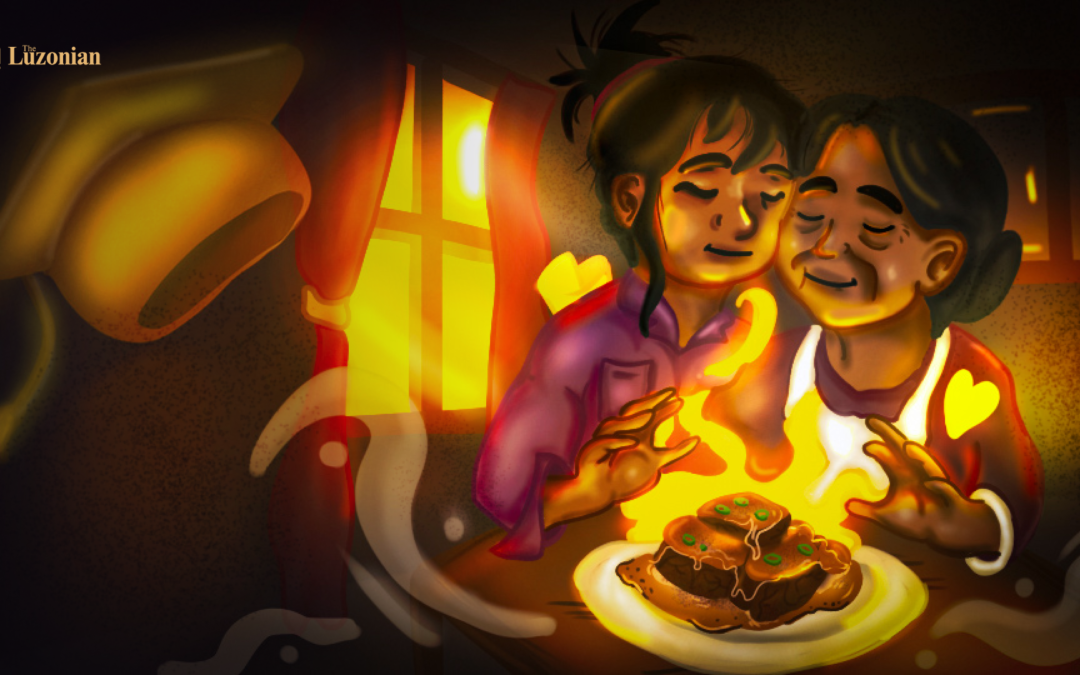When the Korean film ‘Squid Game’ skyrocketed as Netflix’s No. 1 show in the world, people around the globe were consequently hyped to reenact and try accomplishing the East’s traditional games with a twist. But there’s no need to imitate the foreign challenges portrayed in the series because we Filipinos have our versions of it. In fact, some are executed traditionally in tribal communities of the Philippines, while others played a huge part in our childhood on the streets.
Pepsi 7-Up. Typically, it comes in different names but varies depending on your neighborhood tradition. This dual-drink titled game resembles the Korean thriller Red Light, Green Light. The same rule applies to our version of it. But instead of a giant girl robot, a tagger, an actual person needs to stand several meters away from where all the other players would start. The goal is to reach and touch the tagger’s back or cross the finish line. However, whenever the tagger turns around, everybody must freeze and not make any sudden movements leading to elimination.
Pogs. They are those little round cardboard pieces that usually have our favorite TV characters imprinted on them. In the film, ‘Djakji’ is its counterpart. Remember when Korean actor Gong Yu effortlessly flipped the red paper using the blue one? Pogs’ gameplay is similar to Djakji as it requires the skill of flipping pieces. However, pogs are stacked first like towers where players are to take turns knocking it down, and the winning condition of the match is when the last piece is flipped upside down.
Jolens. The methods of the Pinoy version of marbles differ from what the Korean film has portrayed in the movie, wherein contestants are paired to gamble their marbles in a series of random matches with one another. Jolens, on the other hand, has a much-fixed system of playing. Participants place and pile their marbles in a distant circle, and the goal is to hit and knock the marble pieces out of the circle. All marbles they managed to flick out are obtained by the player. This game requires technique and total focus to be able to at least hit one.
Gyyudan. A tradition showcasing strength found in the mountains of the Ifugao tribe, Gyyudan is the Filipino version of tug-of-war. The same objective is applied to their sport: pulling the ropes and dominating over the opposing group to cross the mark. However, what makes the local’s take on the game unique is that they are allowed to dig holes in the ground to secure their feet while battling to heave their end on the ropes.
Piko. Unlike the intense stepping-stone game of the hit movie, which requires the luck of not falling several feet above the ground, the Filipino resemblance only needs a piece of chalk to draw the game’s figures and your ‘pamato’ or pucks, usually a flat stone or part of a broken clay pot. The mechanics for this game are easy and can be played by a single person or a group. It is played by throwing your pamato orderly in the squares that are typically numbered from 1-10 followed by a series of hops and jumps to fetch and pick it up. Critical thinking is usually used here because you tend to obtain bases in the squares that would block your opponents’ path, giving them a hard time to skip.
Patintero. Squid Game and the Philippines’ Patintero have many similarities in their composition, rules, and techniques. The only difference is the shape of the playing field, wherein Koreans have theirs shaped like a squid while ours is rectangular. To begin, players should form two teams with an equal number of participants, where one plays defensive and guards the other team against passing the lines. The two teams are composed of guards and runners. The objective of the runners is to get across to one end of the big rectangle and back without being tagged by a guard, giving them a point. However, once all the runners of a team are caught, it’s game over.
Are the games mentioned familiar to you and your childhood? If they are, then you’re one lucky guy if someone facilitated a top-secret Pinoy Street Games and placed a hefty reward. Ready enough to gamble and survive the games.





